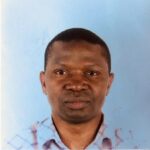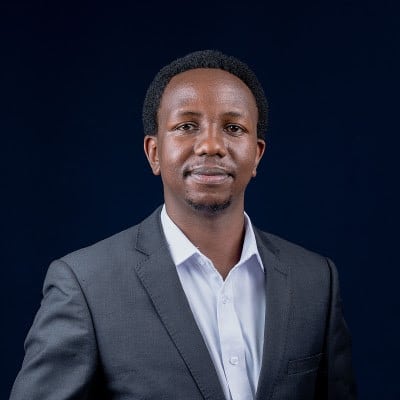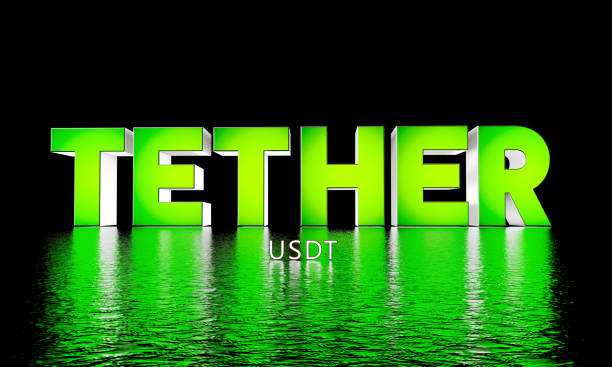Mark Twain, a famous American writer, once said, “The only two certainties in life are death and taxes.” But given the current Coronavirus pandemic and the associated economic woes, I think we can safely add a third certainty, DEPRESSION.
There are so many things happening today that almost everybody is depressed by one thing or the other: job insecurity, climate change, poverty, health issues especially in the form of the stubborn COVID-19 pandemic, family problems, financial difficulties, etc. If you are living in a poorly led country like countries in Africa, Middle East, South America, Asia and Eastern Europe, the antics of the ruling classes are enough to drive one into depression. If left untreated, mood disorder can become a serious medical condition.
There are many ways to treat depression, including the use of drugs and electroconvulsive therapies, surgically implanted wires to stimulate the brain, etc.
Join our WhatsApp ChannelMake Way For Deep Brain Stimulation
Electroconvulsive therapy (ECT) involves the stimulation of the brain by the application of a short electrical current. This is commonly used for the treatment of severe mental health disorders like schizophrenia and other severe major depression syndromes.
For patients whose conditions do not respond to drugs or electroconvulsive therapy, another treatment available is to stimulate the brain by surgically implanted wires. This is called Deep Brain Stimulation (DBS) and it is a mainstream approved treatment in the US for Parkinson’s, epilepsy, obsessive-compulsive disorder, etc. The application of DBS for treatments of Parkinson’s and epilepsy, respectively, have been reported in the earlier editions of this column.
The current adaptation of DBS in treating depression involves the use of neural recordings and individual brain anatomy to personalise treatments. This is because the manifestation of depression is different from one person to the other.
A pioneering neurologist in the application of DBS for treatment of depression, Helen Mayberg, and her team at the Icahn School of Medicine, Mount Sinai, Israel, identified the subcallosal cingulate, an area located at the front of the brain, as the main network linked to negative mood in cases of depressions.
Likewise many areas of the brain have been implicated in depression conditions, including the superolateral branch of the medial forebrain bundle, ventral capsule/ventral striatum and the amygdala. Several new trials as strategies for treatment of depression are aimed at stimulating these targeted areas of the brain.
For more precise stimulation of the brain, scientists are now using tractography (an MRI 3D modelling technique) to visually pinpoint areas of the nerve bundles for placement of electrodes.
Limited successes are being reported in the treatment of depression with deep brain stimulations. But in time, with more broad and concerted approaches, DBS can be an efficient method in tackling the incidences of depression.
Along Come Psychedelics
Another treatment gaining currency especially amongst psychiatrists and psychotherapists in the US is the use of psychedelic drugs to treat depressions. The psychedelics include ecstasy (chemical name: 3,4 methylenedioxymethamphetamine), LSD (chemical name: lysergic acid diethylamide) and psilocybin synthesised from the magic mushroom.
These psychedelic drugs were once classified as illegal and consigned to recreational use for the counterculture movement but are now beginning to gain acceptance for use in treating mental health disorders.
Serotonin (chemical name 5-hydroxytryptamine), is a neurotransmitter that functions to regulate mood, memory, cognition, learning and other processes in the body. Psychedelics act on the serotonin receptors to control moods.
Selective Serotonin Reuptake Inhibitors (SSRIs) are antidepressant class of drugs used in the treatment of depressive disorders and other psychological conditions. Originally thought to work by inhibiting the reabsorption of serotonin by neurones so that the amount of serotonin available for use by these neurones is increased. But recent studies instead did suggest that SSRIs stimulate neuroplasticity — i.e. the ability of the brain’s neural network to grow and form new connections
COMPASS Pathways is a mental health company in the UK. It recently carried out a Phase IIB trial of its psilocybin-based drug called COMP360. Psilocybin is a hallucinogenic drug derived from magic mushrooms. Patients with treatment-resistant depression were selected from 10 countries in North America and Europe with 94% of patients having no prior exposure to psilocybin.
A depression case is referred to as treatment-resistant depression if the condition is not helped after at least two appropriate anti-depressive treatments. This condition is quite serious and difficult to treat with sufferers more likely to go into relapses than other patients with major depressive disorders. More than 100 million people worldwide are affected by this condition. Of these, more than 30% would have attempted suicide at least once in their lifetime.
The aim of the randomised, controlled, double-blind psilocybin therapy trial was to establish the right dose of psilocybin for use in cases of treatment-resistant depression. This was in preparation for a Phase III programme, which is the final phase in any drug trial before official approval is sought for general use of that particular drug.
Patients were divided into three groups, each receiving 1mg, 10mg and 25mg, respectively, of the active doses of the new drug COMP360 psilocybin. The study was done with provision of close psychological support to patients from specially trained therapists. The prerequisite was that all the 233 patients discontinued the use of antidepressants before participation in the trial.
The study found that more than 90% of the patients reported mild to moderate negative reactions to the drug. Of this percentage, 179 patients reported at least one negative effect, the most common being headache, nausea, fatigue and insomnia. Serious adverse effects to the drug were reported by only 12 patients. These adverse events included suicidal behaviour, intentional self-injury, and suicidal thoughts. These adverse events are normal especially amongst patients with treatment-resistant depression and was found to be prevalent in the 25mg group than in the 10mg or 1 mg groups.
But Patients given 25 milligrams of psilocybin had a significant decrease in depressive symptoms when compared to those given 1mg with more than a quarter of these still in remission 3 months after treatment.
David Hellerstein MD, a Principal Investigator on the trial and Professor of Clinical Psychiatry at the Columbia University Irving Medical Centre, USA, summarised the trial thus, “Treatment-resistant depression [TRD] is a common and devastating condition, affecting tens of millions of people, with few effective treatments. This is the largest modern study of a psychedelic drug, combined with psychological support, enrolling over 200 people with TRD. In this groundbreaking study, a single dose of psilocybin, given in conjunction with psychological support, generated a rapid response that lasted up to 12 weeks. Remission rates appear to be higher than seen in traditional medication studies. We now have evidence from a large well-designed trial that psilocybin may be effective for people with treatment-resistant major depressive disorder. These findings suggest that COMP360 psilocybin therapy could play a major role in psychiatric care if approved.”
Meanwhile, the U.S. Food and Drug Administration (FDA) has designated the Compass Pathways’ study a “Breakthrough therapy”. This designation paves the way for accelerated approval if the final Phase III trial scheduled for next year yields similar positive results as the current Phase IIB.
This study does show that psychedelic-assisted psychotherapy could be another option for treatment of mental health disorders, which does include also anorexia nervosa, alcohol-use disorder, obsessive-compulsive disorder, schizophrenia, etc. These debilitating conditions annually kill millions of people worldwide and the economic cost is in the range of billions of dollars.
A plant-based psychedelic drink called ayahuasca used for centuries in healing ceremonies in Brazil and party/club drugs like ecstasy, LSD and ketamine are all being studied and trialled for use in the treatment of depression.
So, next time you see someone smoking cannabis, it might not be recreational but a DIY cure for depression! 😂😂😂


















Thank you for this interesting article Gabriel! Always something new to learn 👍👍👍